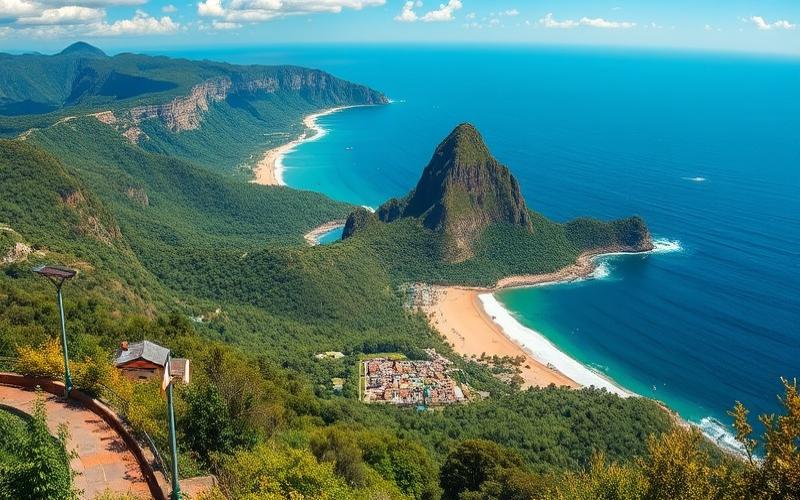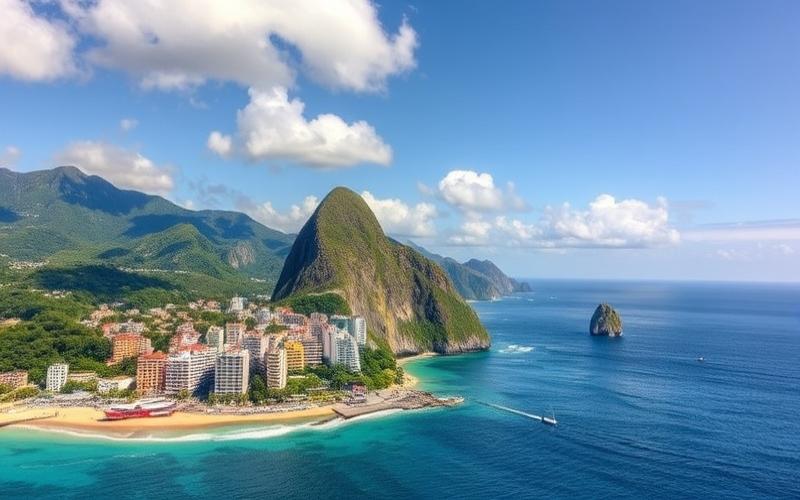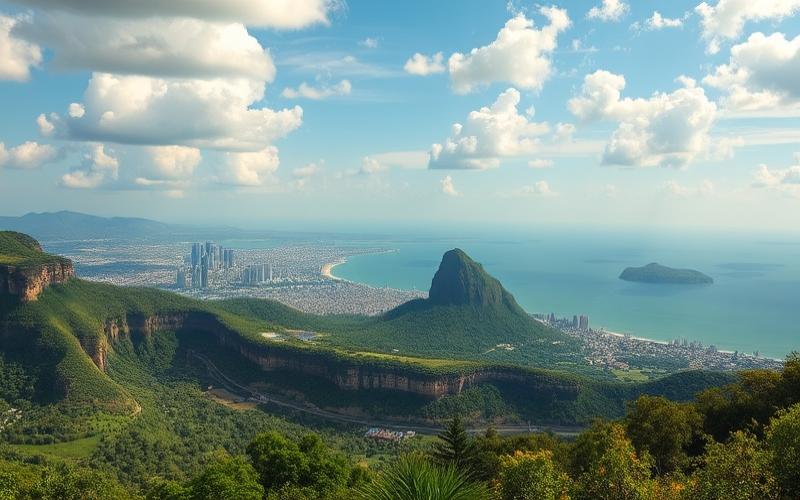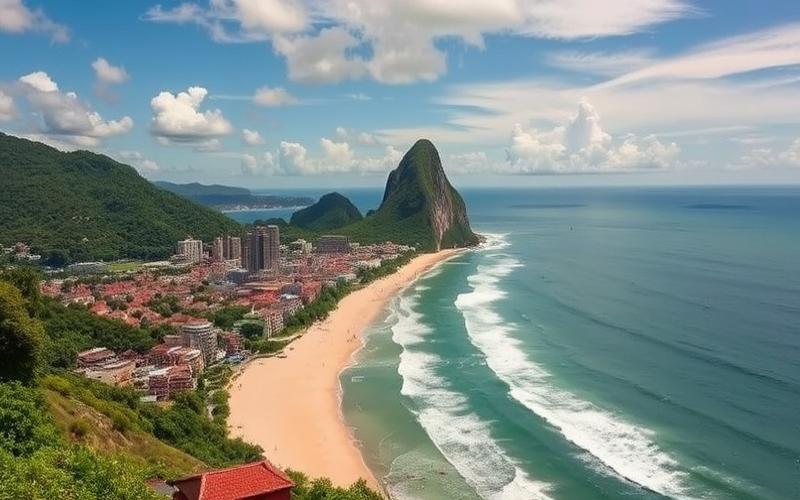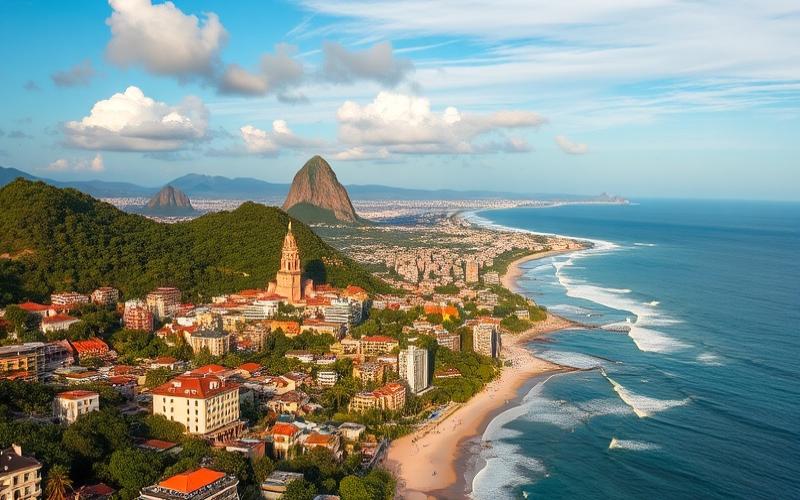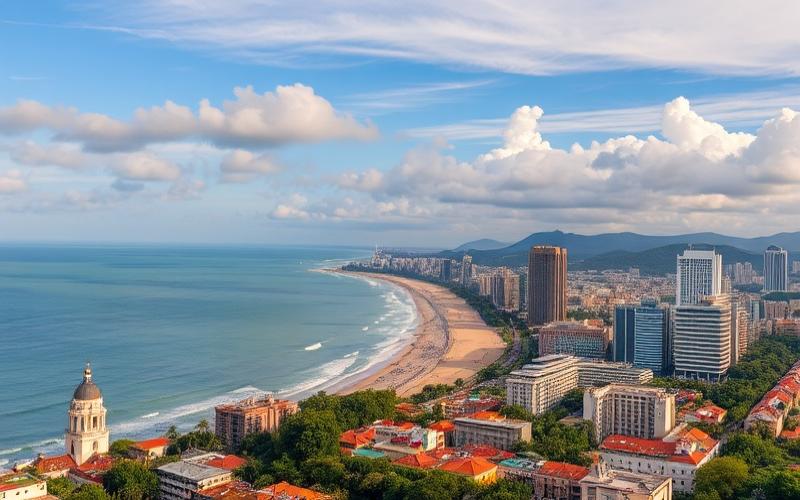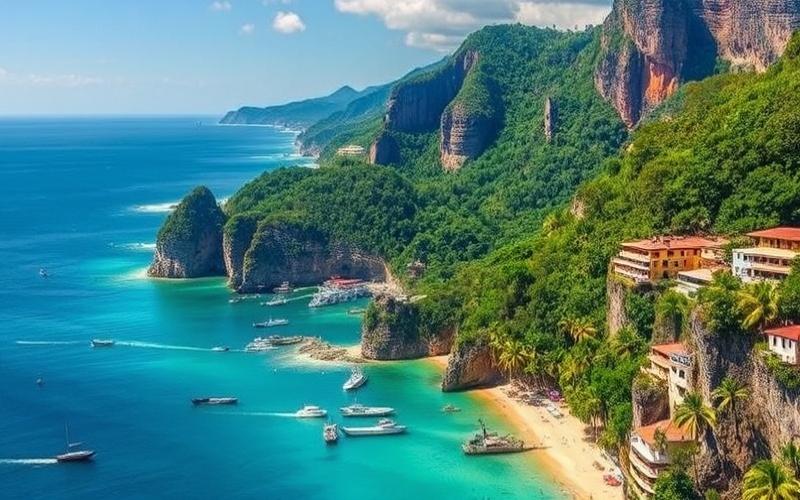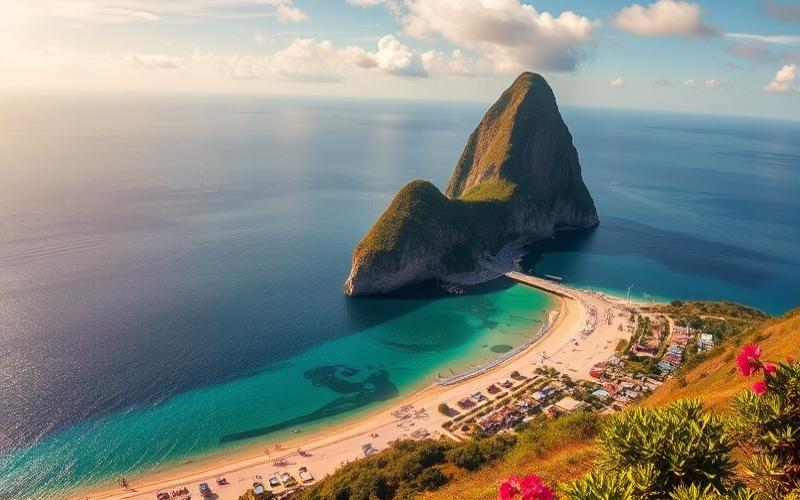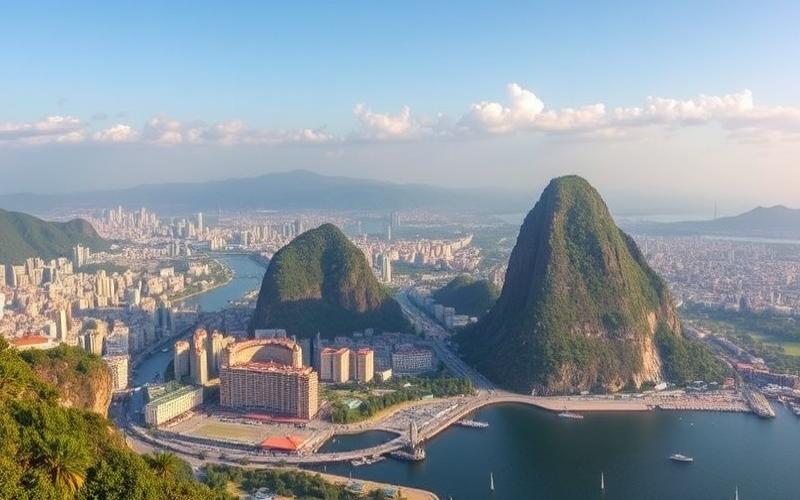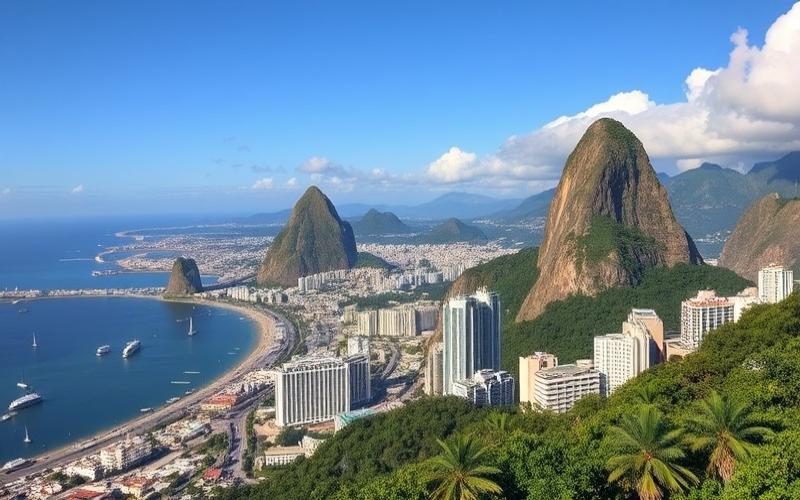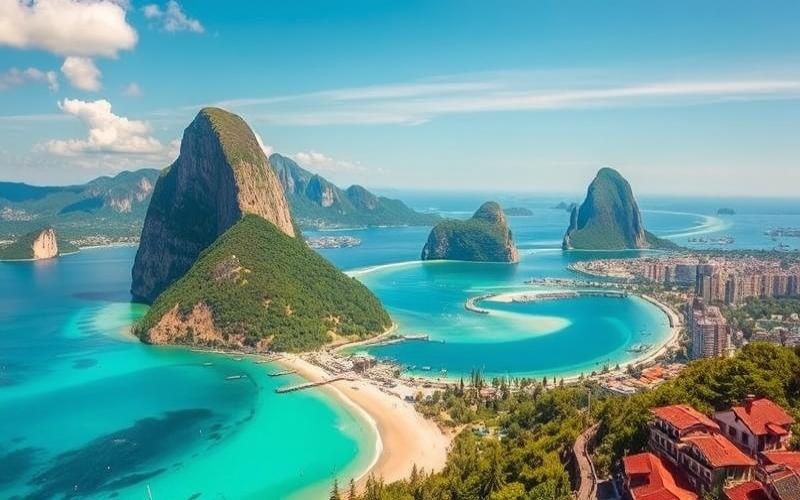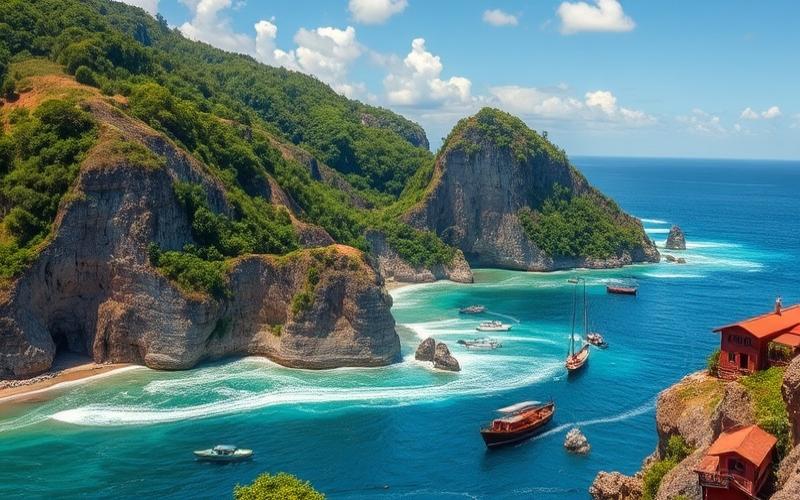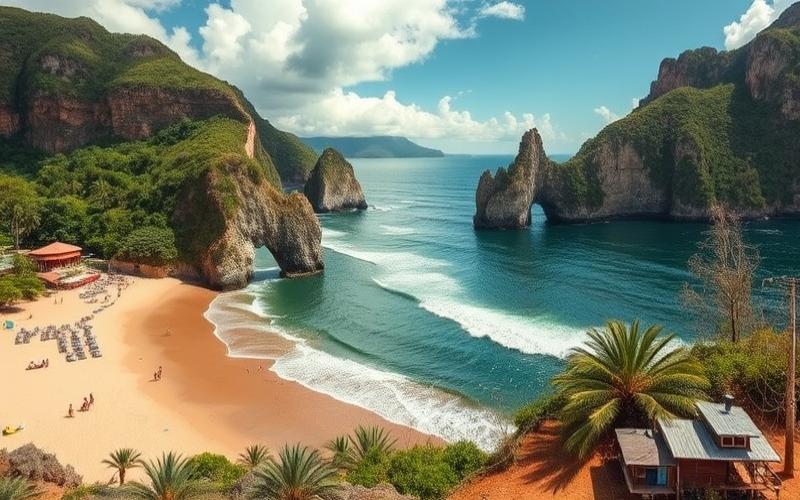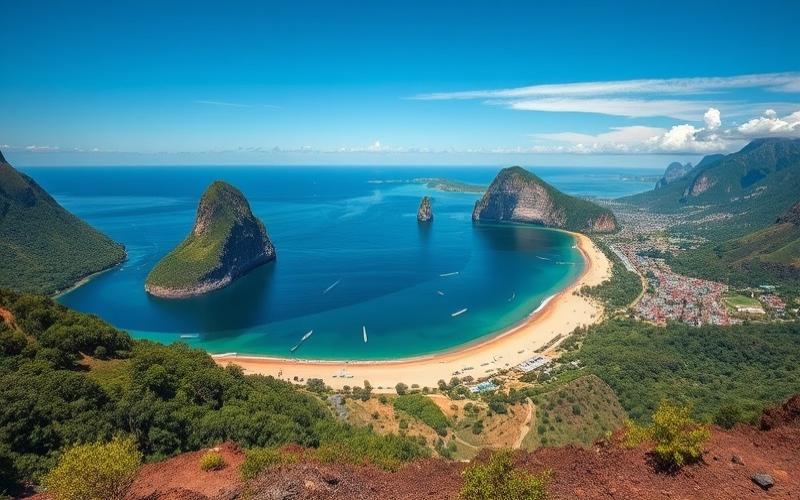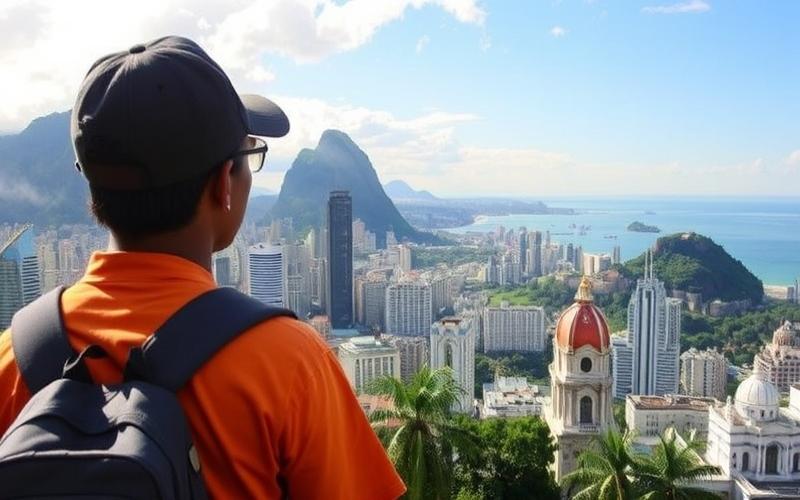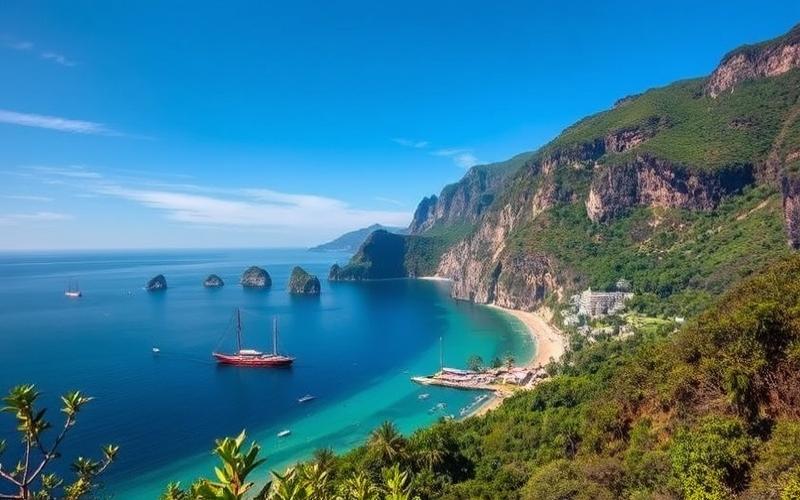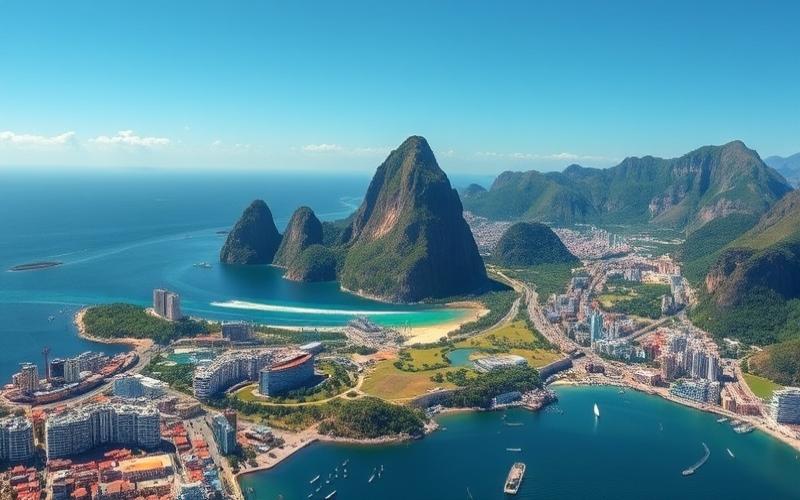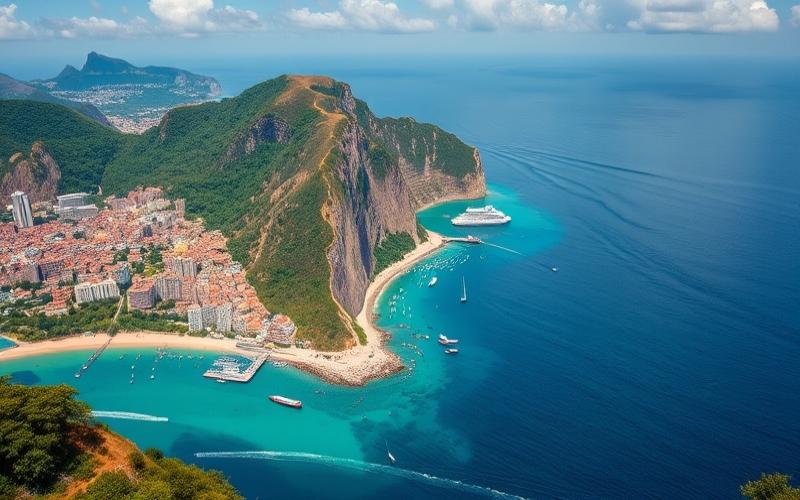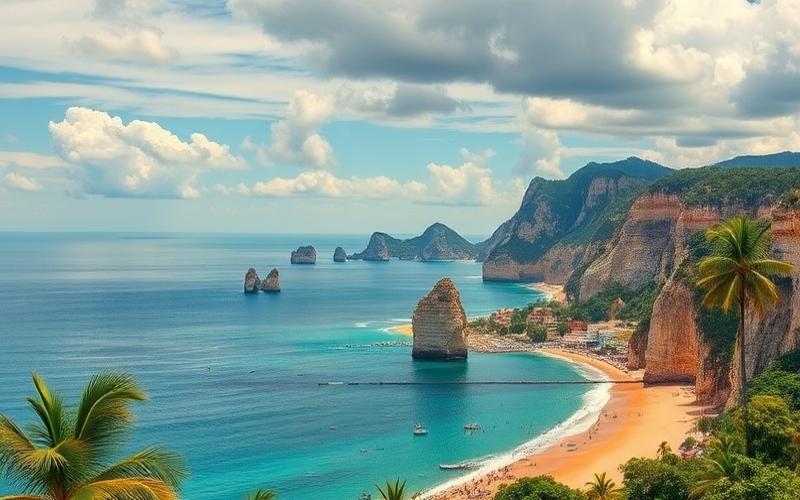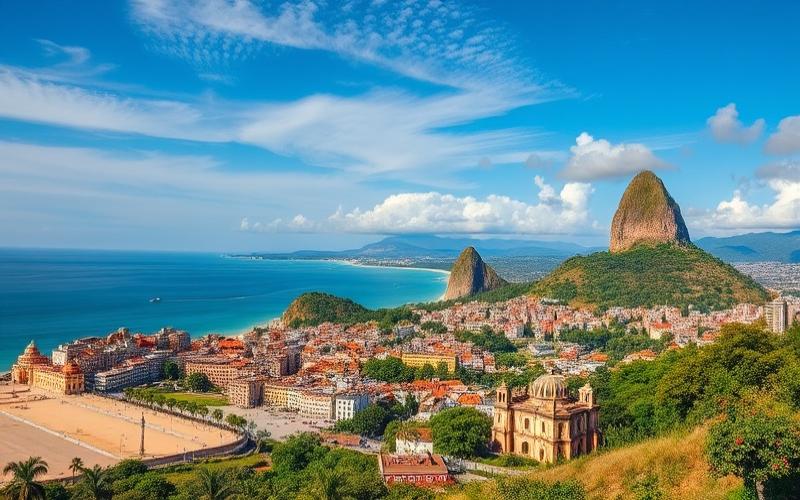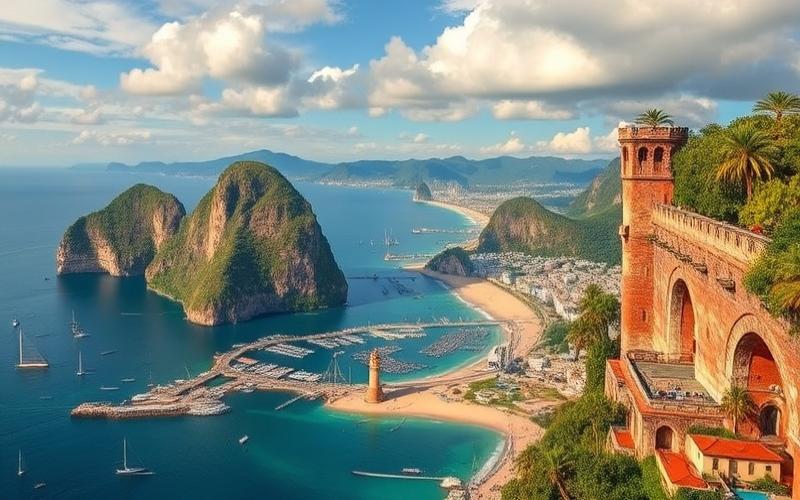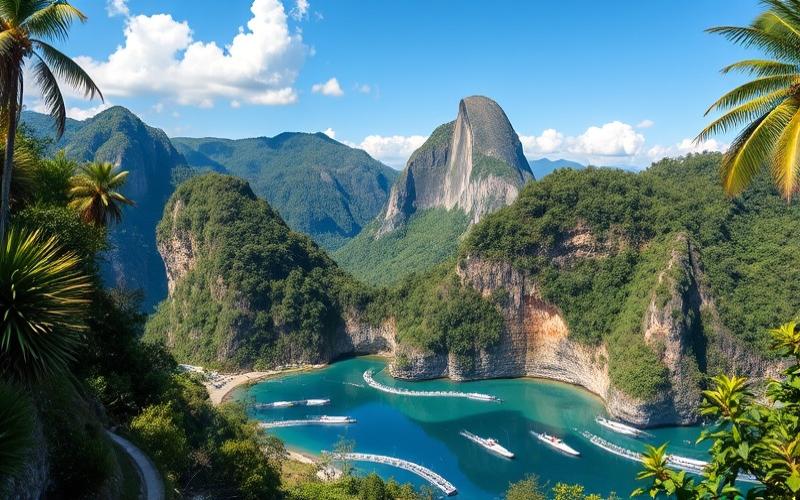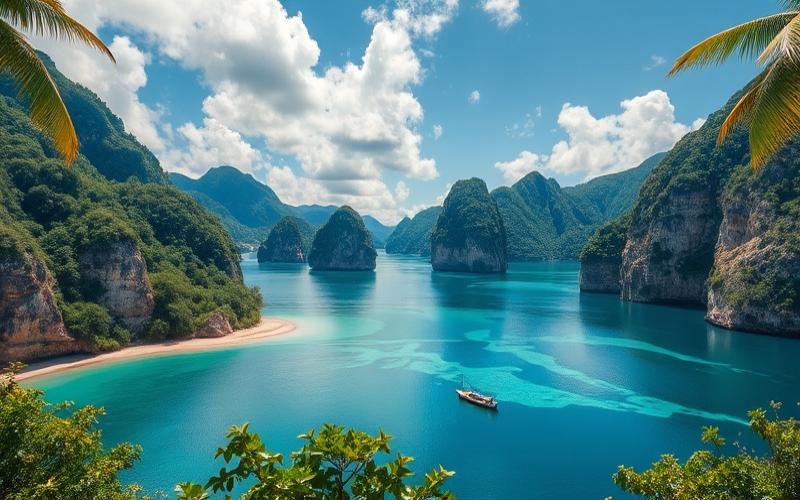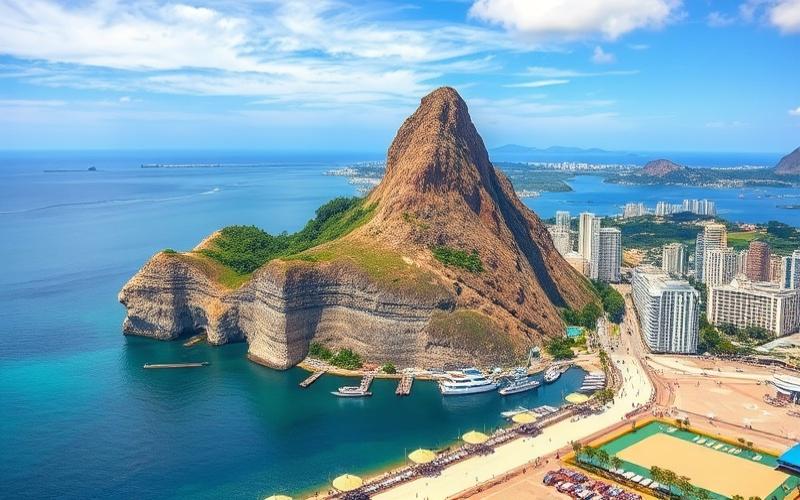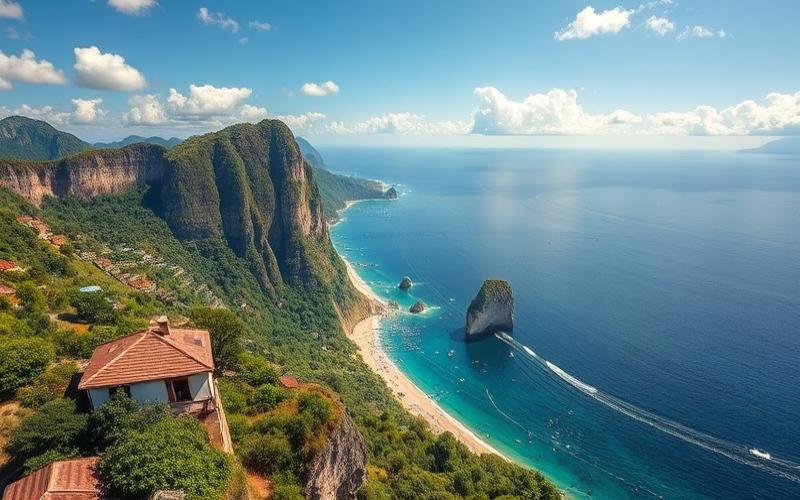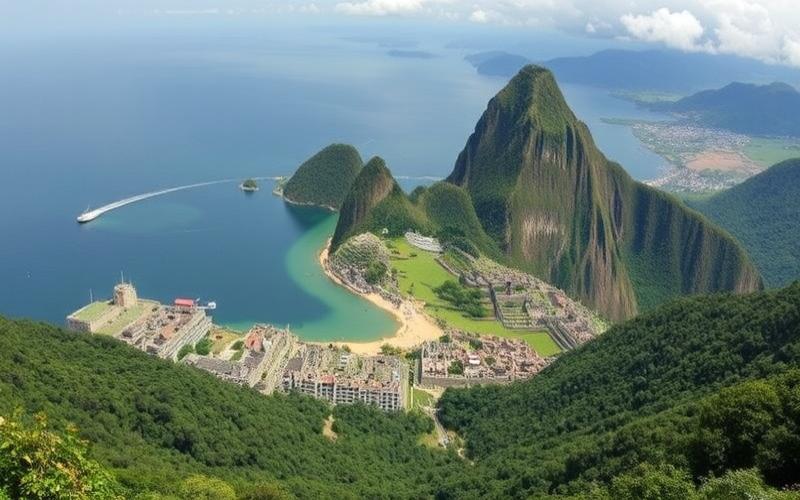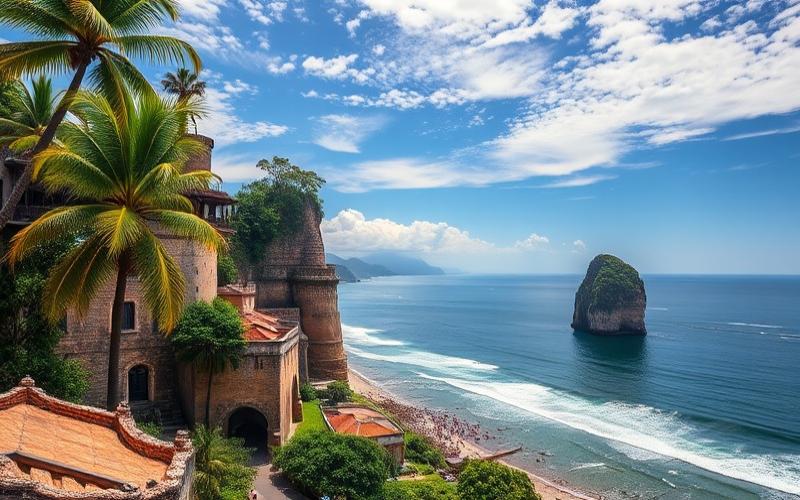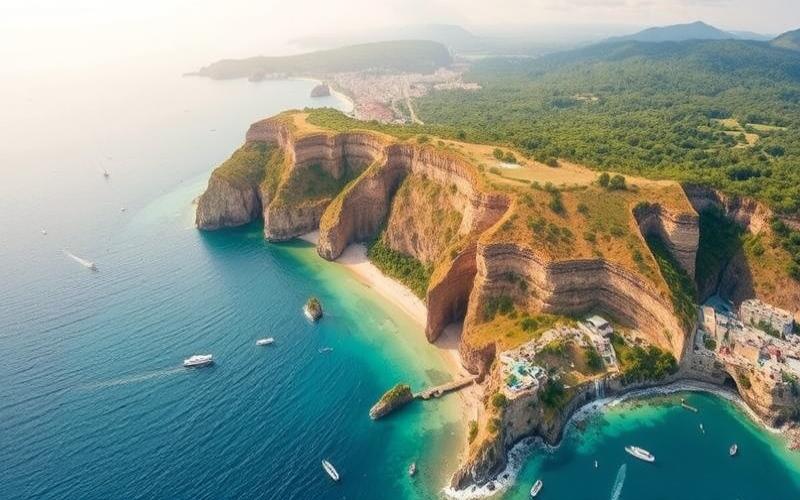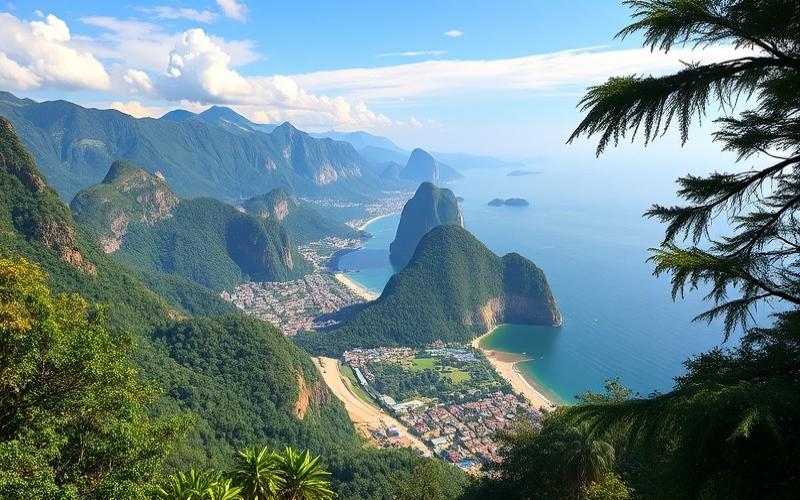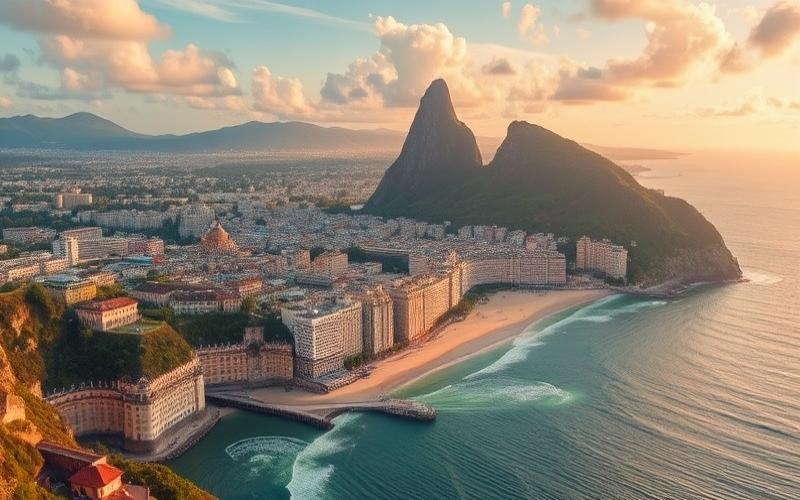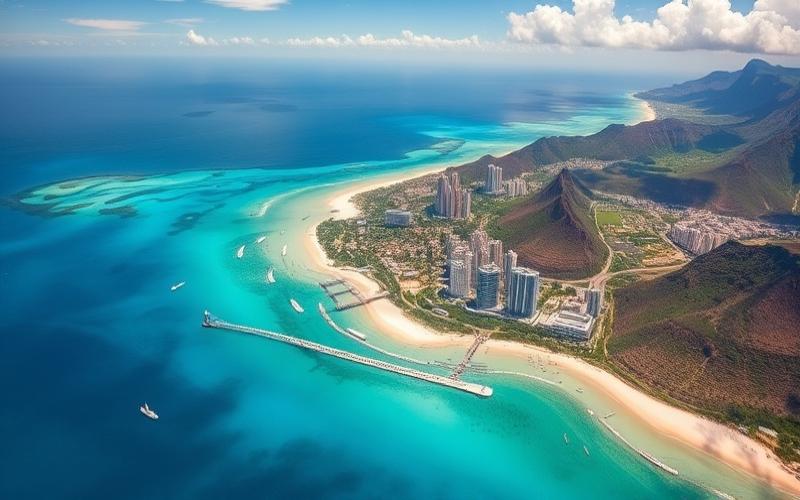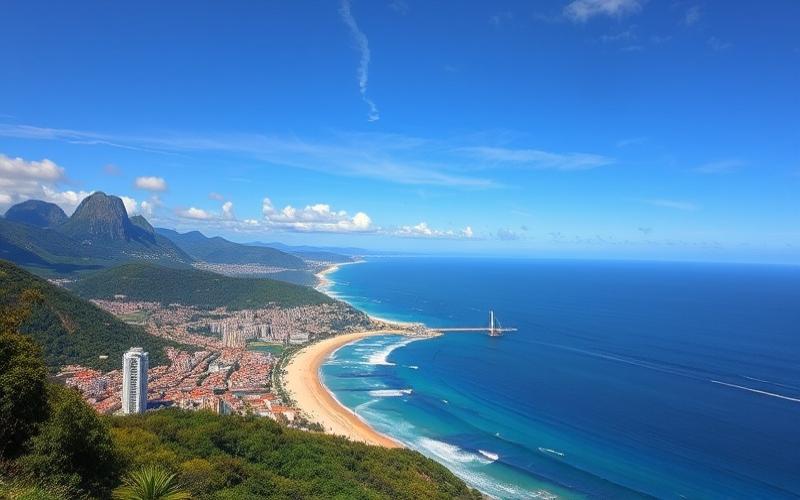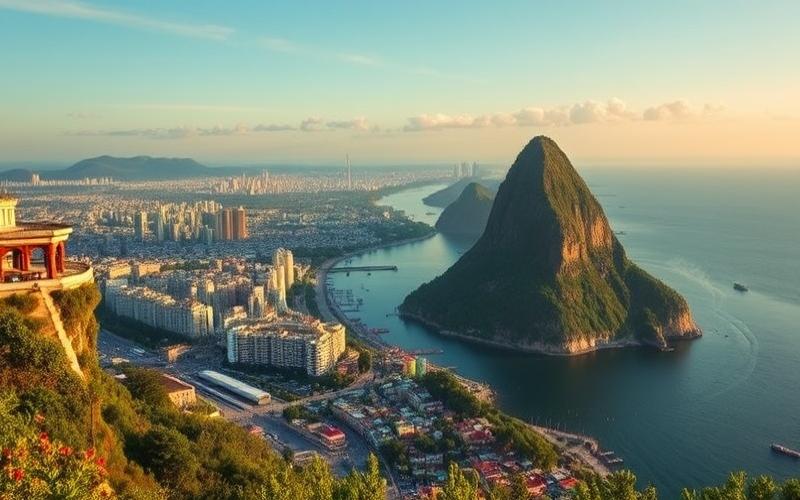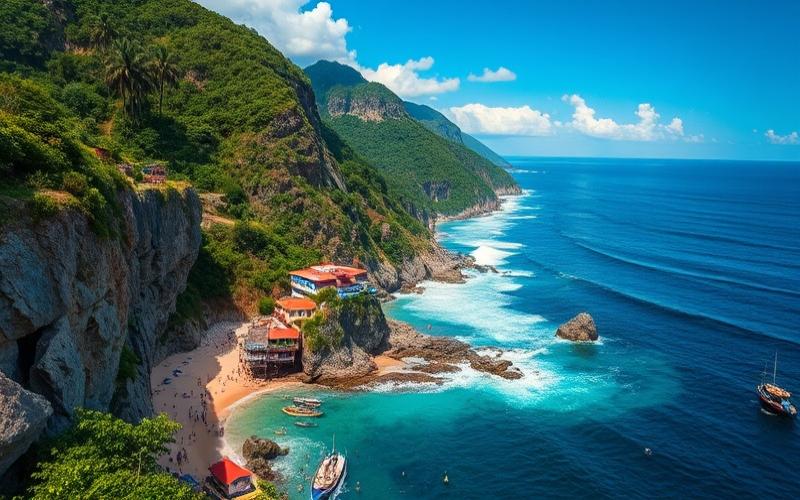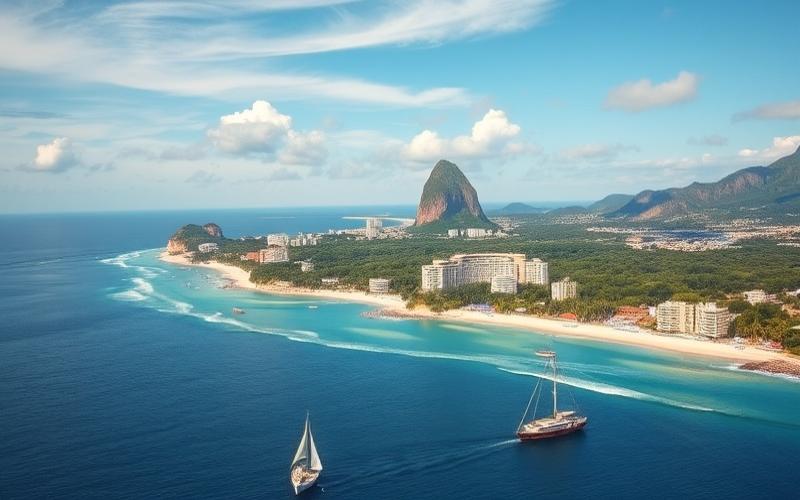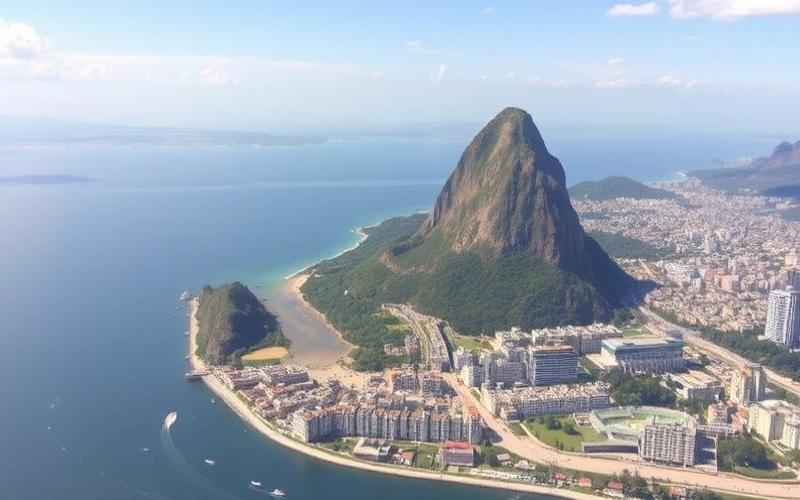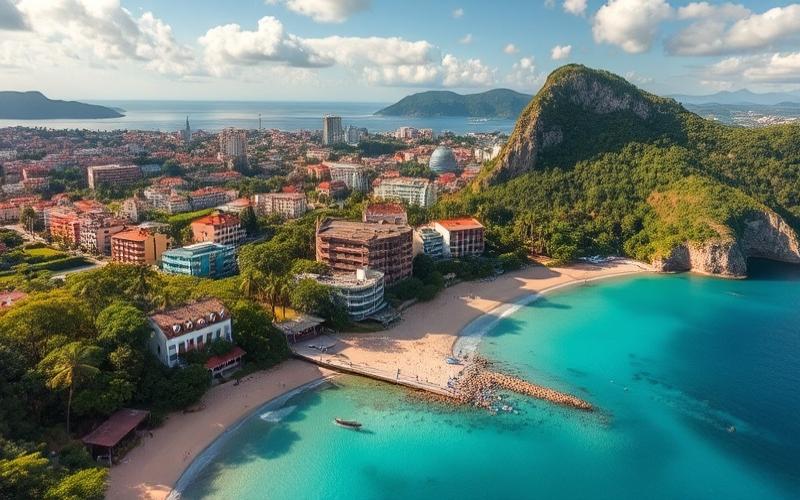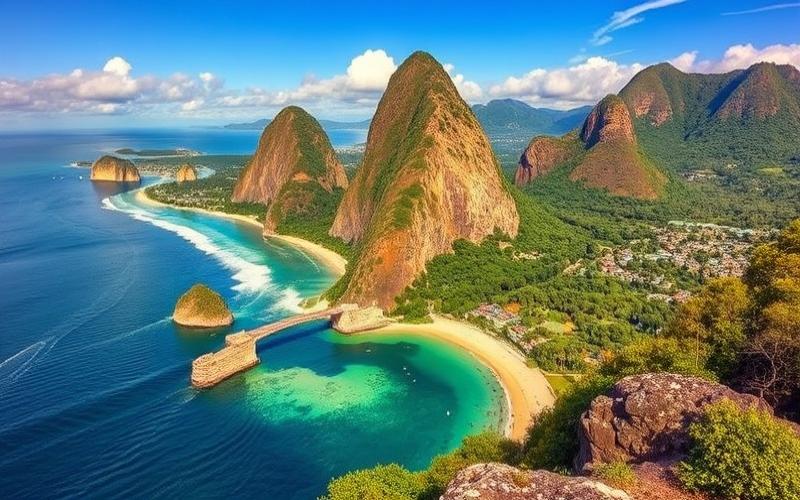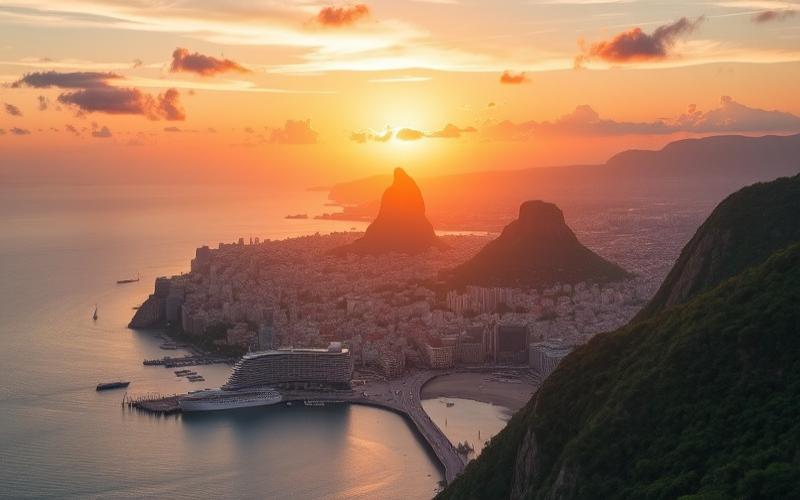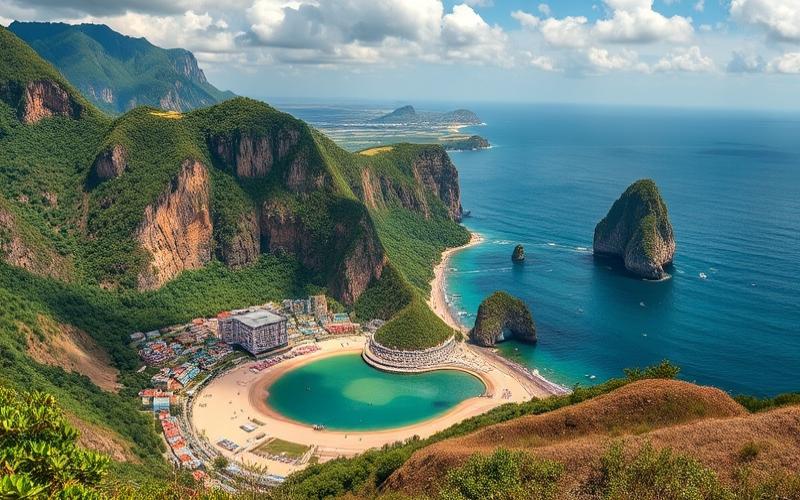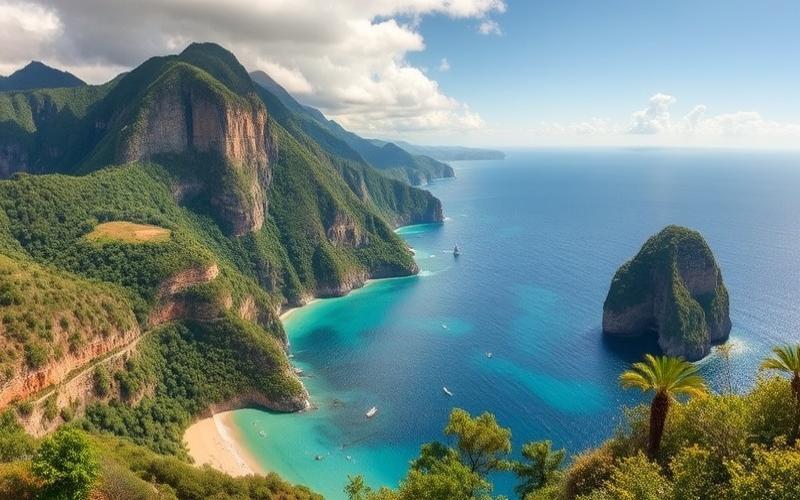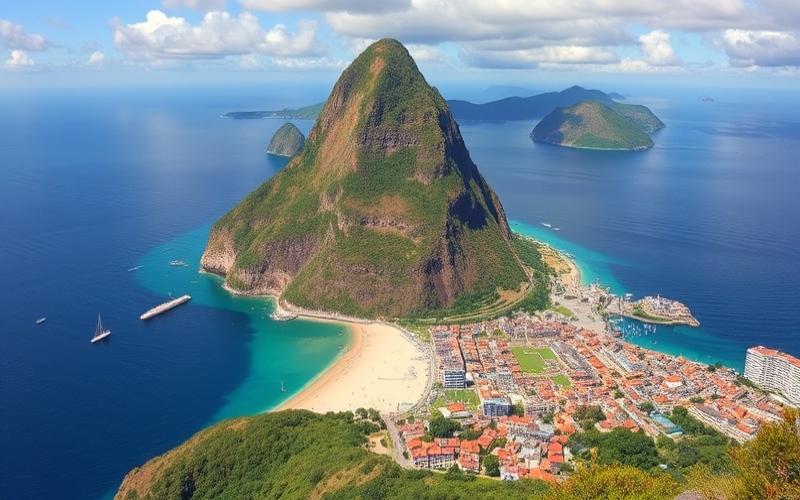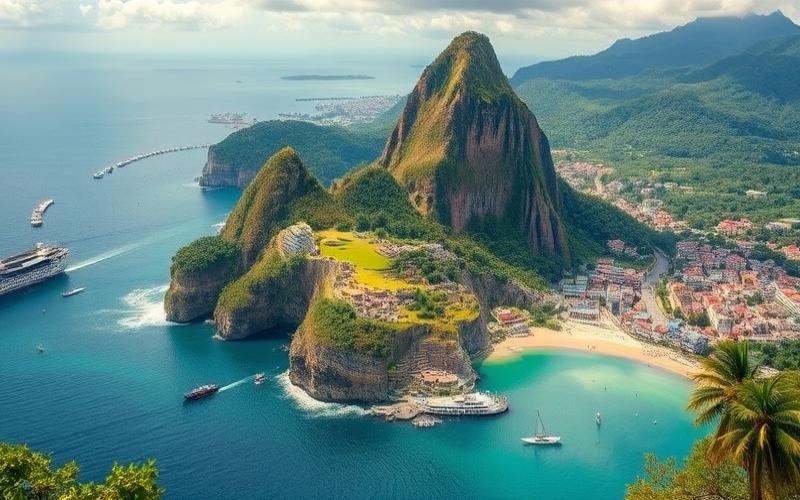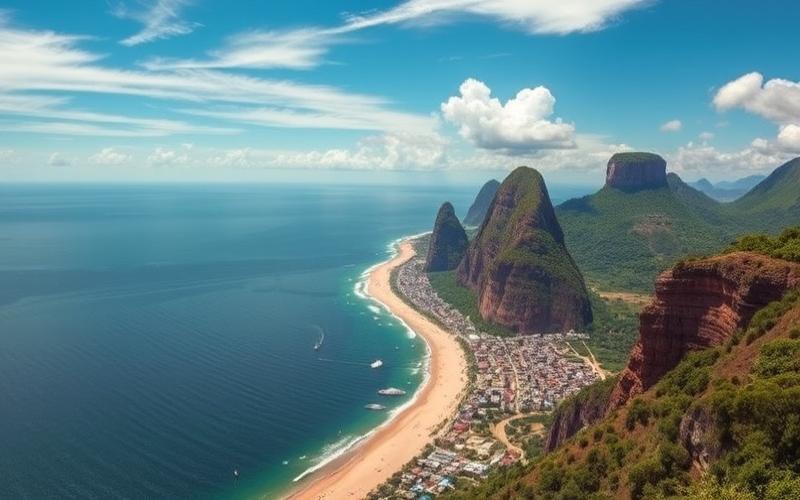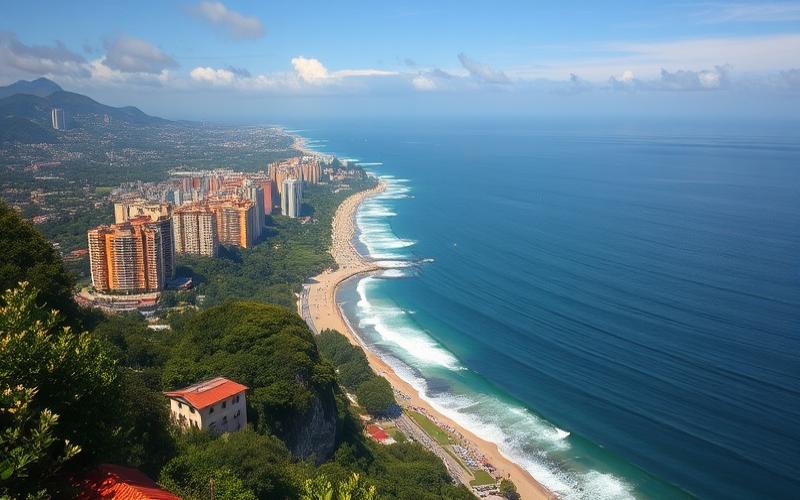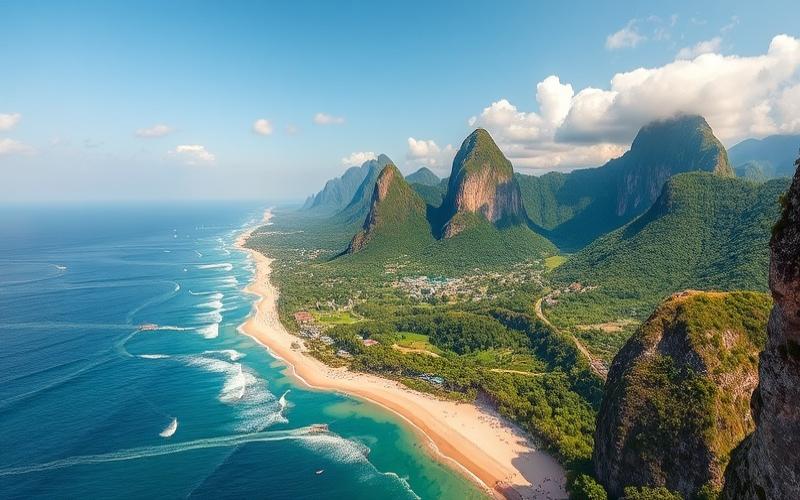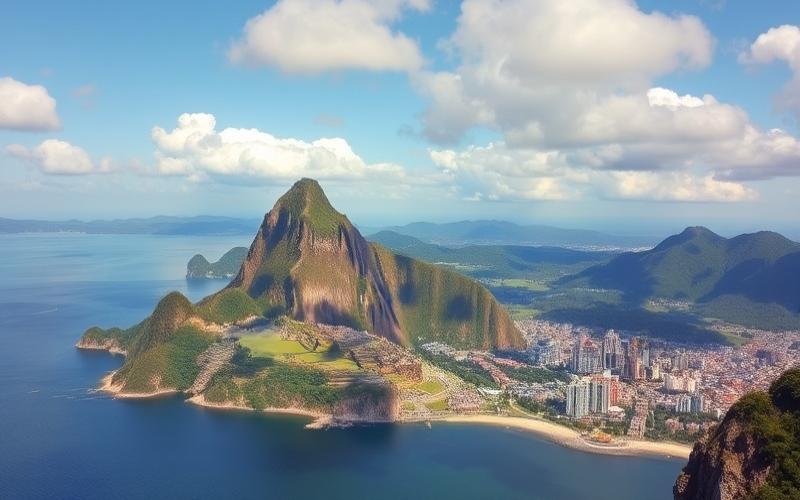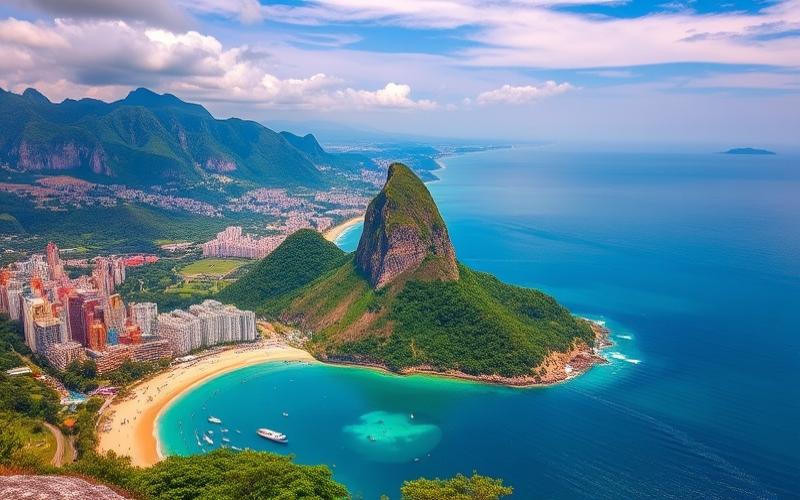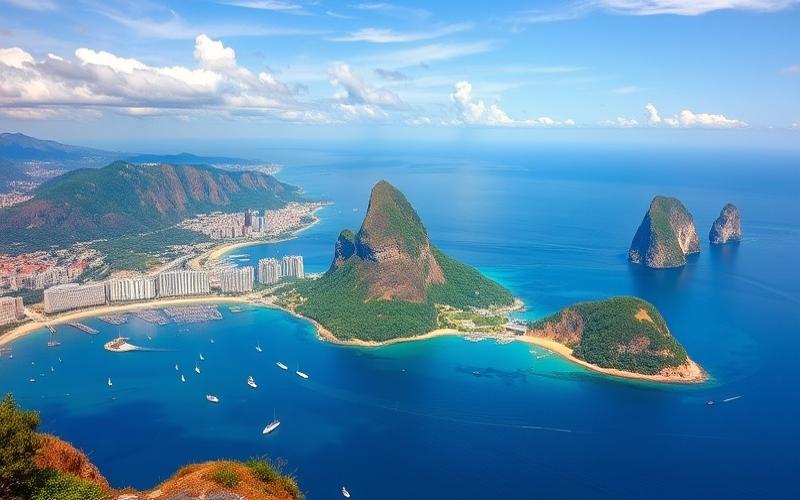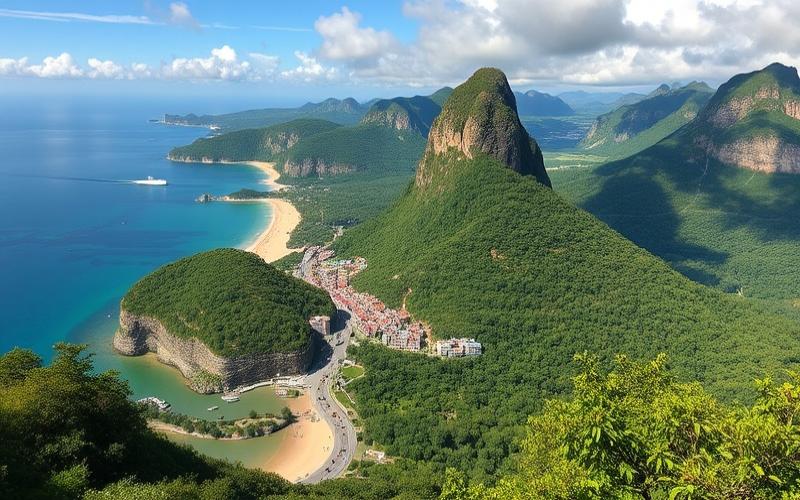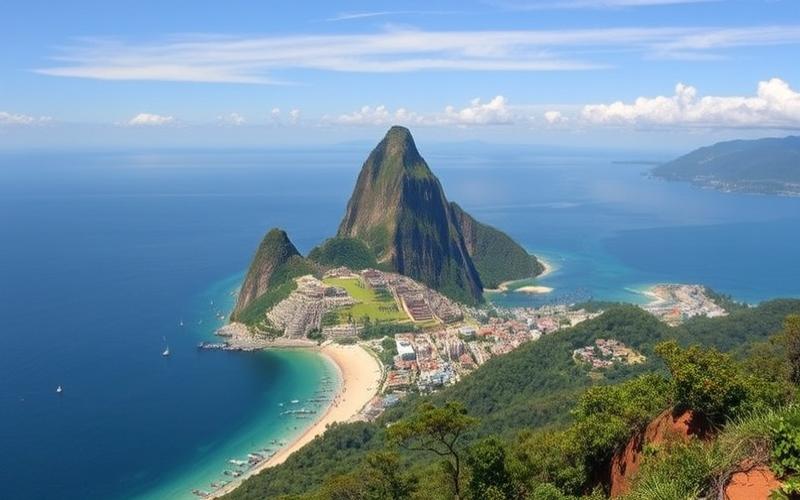
 Published on and written by Cyril Jarnias
Published on and written by Cyril Jarnias
Obtaining permanent residency in Brazil is an aspiration for many expatriates drawn by the unique natural beauty and cultural diversity of this vast country. With its dynamic economy, enticing professional opportunities, and a lifestyle where hospitality and friendliness prevail, Brazil offers an ideal living environment for those choosing to settle there.
This article guides you through the essential criteria needed to turn this dream into reality, reviewing crucial administrative procedures and highlighting the numerous benefits enjoyed by permanent residents, such as access to an advanced healthcare system and the ability to work legally without restrictions.
Whether you’re attracted by the cultural richness of São Paulo, the vibrant energy of Rio de Janeiro, or the serenity of the Amazon rainforests, understanding the workings of permanent residency is key to successfully transitioning to a new life in Brazil.
Criteria for Obtaining Permanent Residency in Brazil
Main Immigration Categories for Permanent Residency in Brazil
| Category | Main Criteria | Specific Requirements | Required Documents |
|---|---|---|---|
| Family Reunification | Direct relationship with a Brazilian citizen/permanent resident (spouse, child, parent) | Proof of family relationship (marriage certificate, birth certificate, adoption papers) | Passport, civil status documents, criminal record, proof of financial means |
| Economic Investment | Investment in a business or real estate | Business: minimum 500,000 BRL (or 150,000 BRL if creating 10 jobs) Real Estate: 1,000,000 BRL (700,000 BRL in North/Northeast) | Passport, proof of fund transfer, property deed, criminal record, proof of fund origin |
| Skilled Work | Highly qualified employment with a Brazilian employer | Job offer, recognized professional qualifications | Passport, employment contract, diplomas, CV, criminal record |
| Humanitarian Protection | Vulnerability or risk situation | Proof of situation (refugee status, persecution, etc.) | Passport (if available), status proof, criminal record |
Specific Details by Category
- Family Reunification:
- Minimum marriage duration is generally not required, but sham marriages may be investigated.
- Minor children, direct parents, or spouses are eligible.
- Translated and apostilled civil status documents are mandatory.
- Economic Investment:
- Business investment: 500,000 BRL (approximately 90,000 EUR) or 150,000 BRL if creating 10 local jobs.
- Real estate investment: 1,000,000 BRL in most of the country, 700,000 BRL in North/Northeast.
- Proof of fund transfer through a Brazilian bank and debt-free property deed.
- Skilled Work:
- Employment contract with a Brazilian company or transfer through a multinational.
- Validated diplomas and professional experience.
- Employer must justify that no local candidate is available for the position.
- Humanitarian Protection:
- Granted for refugees, asylum seekers, or other vulnerable situations.
- Need to prove risk situation (UN documents, NGO reports, etc.).
General Documents Required for All Categories:
- Valid passport
- Criminal record from home country and Brazil
- Proof of sufficient financial means
- Proof of health insurance (in some cases)
- Sworn translation of foreign documents
Administrative Process
Competent Authorities: Applications are submitted to the Ministry of Justice and Public Security (Departamento de Polícia Federal) or through Brazilian consulates abroad.
Main Steps:
- File submission online or at consular post
- Document analysis by Brazilian administration
- Possible summons for interview or submission of additional documents
- Decision and issuance of permanent resident card
Typical Processing Times:
- Average 6 to 12 months, depending on category and case complexity.
- Timelines may vary based on local administrative workload and file completeness.
Key Points to Remember
- Permanent residency offers the possibility to live and work indefinitely in Brazil without regular renewal.
- Approval depends on chosen immigration category and supporting evidence provided.
- Compliance with formalities and quality of documentation are essential to minimize delays.
Good to Know:
To obtain permanent residency in Brazil, family reunification requires at least one year of marriage and proof of financial solvency, while economic investors must prove a minimum investment of 500,000 BRL; all applications require a valid passport, criminal record, and processing times that can range from six months to one year depending on the National Immigration Office.
Benefits of Permanent Residency for Expatriates
Permanent residency in Brazil offers expatriates a range of concrete and lasting benefits in social, economic, and family spheres:
- Easier Access to Social Services
- Access to public (SUS) and private healthcare, with recognized quality in private facilities.
- Integration into the national education system for oneself and children, from primary to university level.
- Benefit from social programs reserved for permanent residents.
- Professional Freedom
- Ability to work without restrictions in all economic sectors of the country.
- Business establishment or real estate purchase without specific constraints.
- Right to formal employment with legal protection equivalent to Brazilian citizens.
- Stability for Long-Term Planning
- Long-term settlement without need to frequently renew status or visa.
- Simplified path to citizenship after four years (one year in certain exceptional cases).
- Enhanced legal security for investing, family living, and building sustainable professional projects.
Family and Personal Benefits:
- Facilitated family reunification: spouse, minor children or dependent adult children, direct parents can join the permanent resident through family reunification.
- Complete freedom of movement throughout Brazilian territory and most South American countries without additional passport (Mercosur).
- The yellow card (“Carteira de Registro Nacional de Estrangeiro”) confers the same rights as Brazilian citizens to live, work, and access essential services.
Positive Economic Impact:
| Economic Advantage | Description | Recent Example |
|---|---|---|
| Accessible Real Estate Investment | Average price per m² significantly lower than in the US or Western Europe. | Apartment purchase in São Paulo starting at ~150,000 BRL. |
| Possibility to Quickly Start a Business | Simplified procedure for foreign entrepreneurs via investor visa. | Tech startup funded by recognized foreign investment from |
Brazilian permanent residency stands out for its administrative flexibility, immediate family openness, and rapid social and economic integration.
Good to Know:
Permanent residency in Brazil allows unlimited access to the public healthcare system and education, while offering the freedom to work in any sector without restrictions. In comparison, Brazil stands out for its ease of integrating family members, unlike some other destinations where processes are more restrictive.
Comparison of Residency Benefits in Brazil vs. EU
Tax Benefits and Cost of Living
| Aspect | Brazil | European Union (EU) |
|---|---|---|
| Taxation | Progressive taxation, max IRPF rate ~27.5%. No wealth tax. Certain investments benefit from exemptions. Complex tax system; numerous indirect taxes (VAT at 17-20%, but cumulative by state). | Variable tax rates by country: – France: up to 45% IRPP – Germany: ~42% – Portugal/Spain: 23-48%. High social contributions in several member states. |
| Cost of Living | Generally lower than EU for housing, food, domestic services and local leisure. Higher expenses in major cities (São Paulo, Rio). Expensive imported goods (electronics, cars). | Cost varies significantly between Western and Eastern European countries. Countries like France/Germany more expensive for housing/food than Brazil; Portugal/Poland/Hungary often less costly than Western Europe but comparable or slightly higher than Brazil. |
Healthcare Systems
Brazil
Free public system called SUS (Sistema Único de Saúde), accessible to all residents.
Uneven public service quality: good vaccination coverage and basic primary care but significant delays and sometimes outdated infrastructure outside major cities.
Frequent reliance on private health insurance for better access to specialists/private hospitals.
European Union
Most countries offer universal public or mandatory social coverage with high reimbursement rates for essential care.
Quality generally superior to Brazil in terms of medical equipment, quick access to specialists, and life expectancy.
Education Systems
Brazil
Free public education at all levels.
Compulsory basic education (6-14 years).
Major regional disparities: urban institutions better equipped than rural ones.
Selective access to public universities via difficult entrance exams (“vestibular”), limited spots; private sector dominant in higher education.
European Union
Compulsory education until 16/18 years depending on country; mostly free public schools.
School systems reputed more homogeneous than Brazil regarding infrastructure quality/teaching methods.
Economic Opportunities & Employment Prospects
| Criterion | Brazil | EU |
|---|---|---|
| Economic Growth | Dynamic emerging market with cyclical patterns Key sectors: agribusiness, green energy/agricultural exports/mining/regional tech startups. | Mature/stable market; moderate growth (Strong sectors: advanced industry/services/innovation/research/transportation/logistics. |
| Unemployment | High rate among young graduates (>10%) during recent economic crises. Significant informal labor market. | Average EU rate ~6%, significant East/West/South-North disparities. Protective employee legislation/extended social rights. |
| Minimum Wage | Lower than observed in Western Europe. | Generally higher in Western Europe; higher purchasing power on average. |
Quality of Life – Climate, Local Culture & Infrastructure
Climate
Brazil: tropical/humid across much of the territory — mild winter/reversed seasons vs Europe — high annual sunshine rate except mountainous/southern areas where winters can be cool or even cold locally.
EU: significant climate diversity — oceanic temperate/Mediterranean/continental/subpolar.
Local Culture
Strong cultural mix from European/Amerindian/African/Japanese influences; globally recognized festive/musical/culinary Brazilianism.
The EU offers unique cultural diversity through its multiple languages/traditions/heritage levels/culinary arts.
Infrastructure
Major Brazilian cities well-equipped (modern public transport partially deployed), but secondary roads/rural infrastructure often below European standards.
Safety
High urban crime in certain Brazilian metropolises while most European cities are perceived as significantly safer.
Bureaucratic Processes & Permanent Residency Criteria
Brazil
Simplified procedure list:
- Temporary visa initially required (common reasons: skilled employment/investment/family).
- Application possible after several legal years in country to obtain “Residência Permanente”.
- Main criteria:
- Proof of sufficient income
- Clean criminal record
- Validated professional/social contract or project
- Lengthy administrative procedure
Disclaimer: The information provided on this website is for informational purposes only and does not constitute financial, legal, or professional advice. We encourage you to consult qualified experts before making any investment, real estate, or expatriation decisions. Although we strive to maintain up-to-date and accurate information, we do not guarantee the completeness, accuracy, or timeliness of the proposed content. As investment and expatriation involve risks, we disclaim any liability for potential losses or damages arising from the use of this site. Your use of this site confirms your acceptance of these terms and your understanding of the associated risks.

